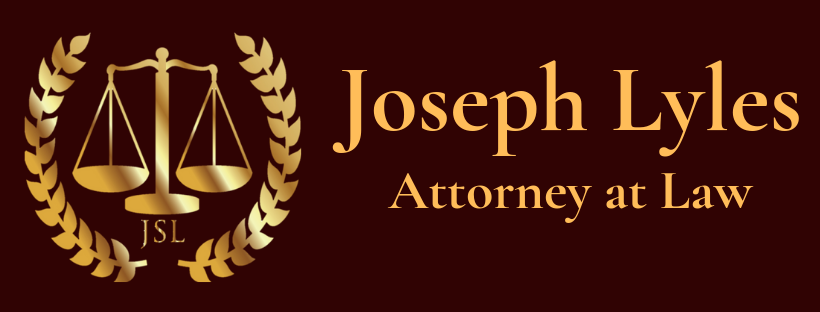Lesson 46: “No Assets” Means No Hassles
From the Death and Taxes section of How You Can Avoid Legal Land Mines by Joseph S. Lyles (2003).
Have you ever heard the saying, “He died with nothing but the clothes on his back.” Someone like that does not leave any assets behind for anyone to worry about. But when someone dies with significant assets, there are often legal problems with disposing of those assets. Such problems can be avoided.
The heirs of a deceased will avoid most of the legal land mines hidden in the legal process known as probate if the deceased titled assets jointly (with right of survivorship) or actually gave away property before passing away. If all the significant assets in an estate are titled jointly, then the probate court can treat the estate as a no-asset estate that allows a streamlined process to be used in closing out the estate file.
A person desiring to avoid probate can also give away all of her assets, outright or in trust, prior to her death. This is not, however, as simple as it seems. If you have assets involving real estate or more than $100,000 in financial accounts, then you should seek the advice of a competent tax professional before you transfer any assets. Also, be aware that both federal and state governments have restrictions on providing Medicaid to people who have given away assets.
Giving away assets by way of a Living Trust can lead you into dangerous legal territory. Do not try to prepare any time of trust on your own, and be skeptical of Living Trust seminars, books, and tapes. Transferring assets in trust without competent legal advice is like walking through a minefield with a blindfold on.
The Lesson: No-asset estates are easy to probate, but creating one by transferring assets is tricky. Get legal advice so that you, in fact, create a no-asset estate instead of a legal minefield.
